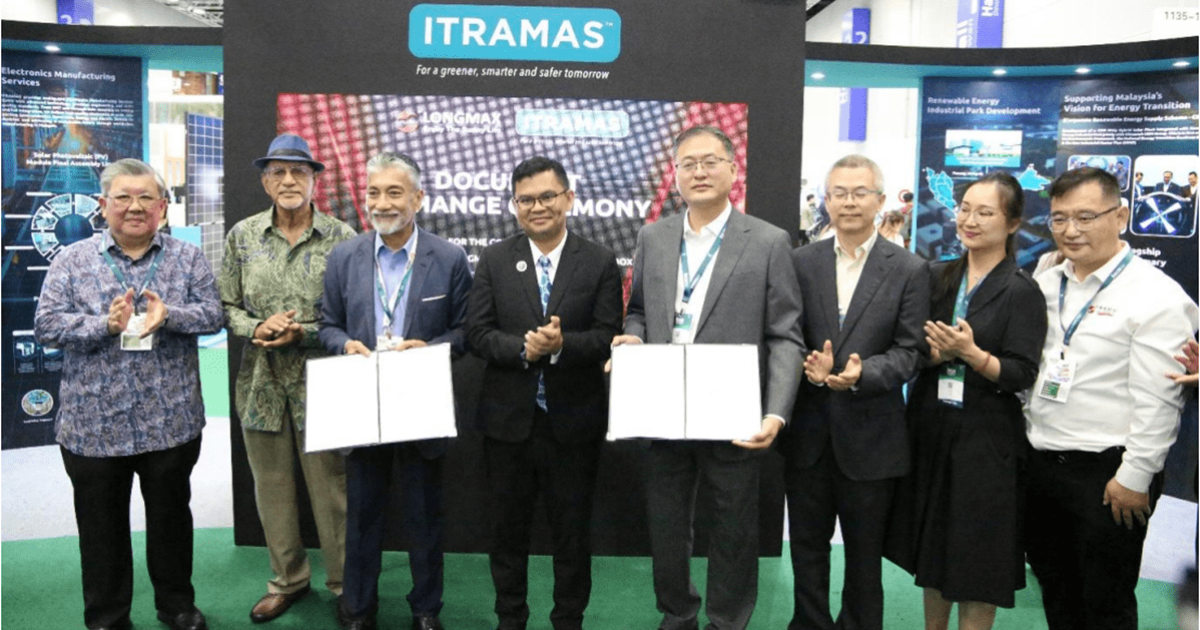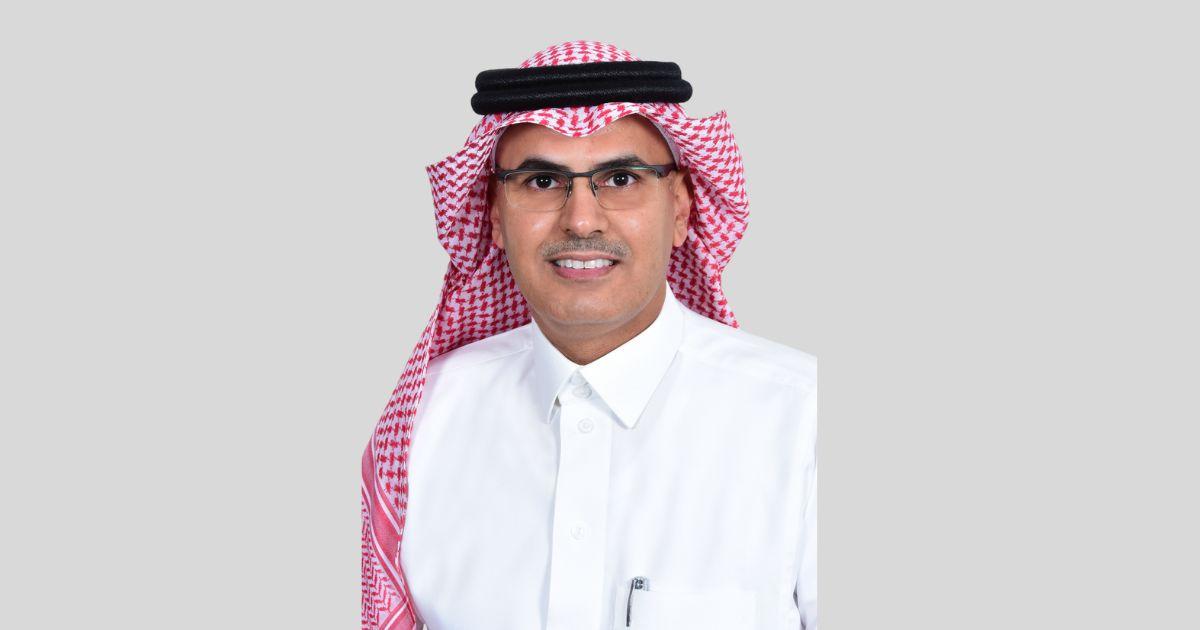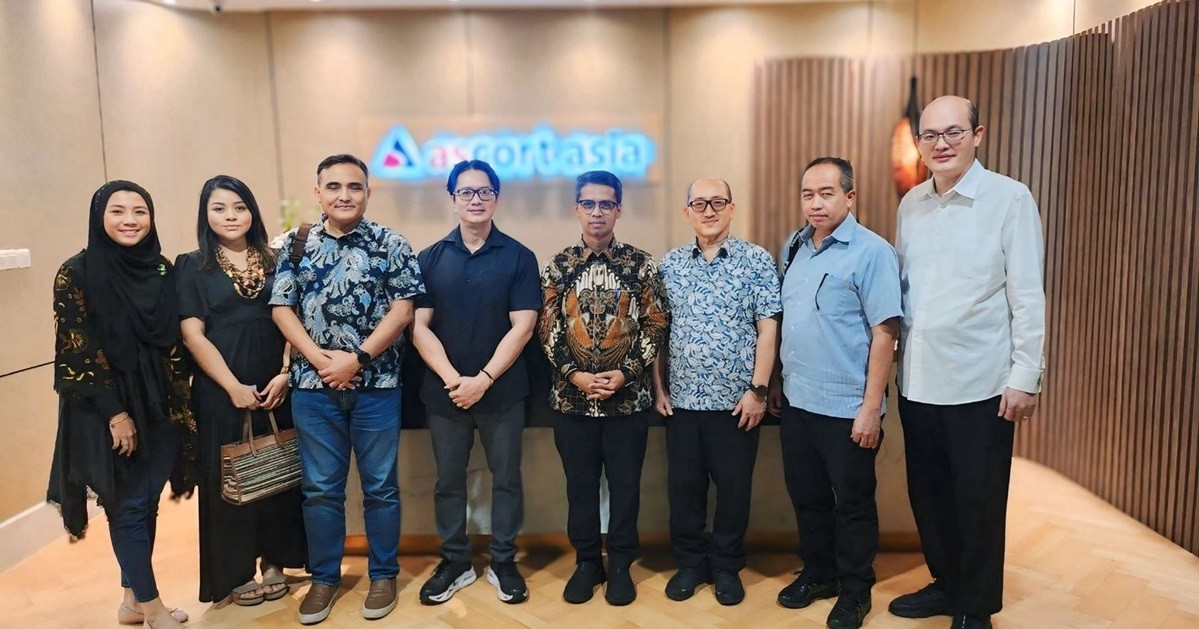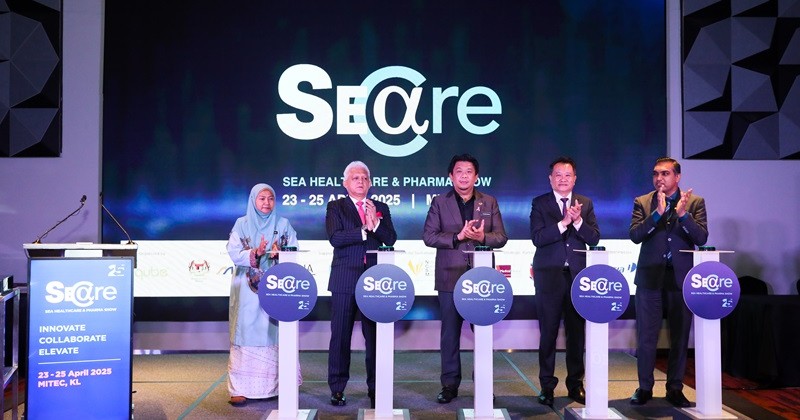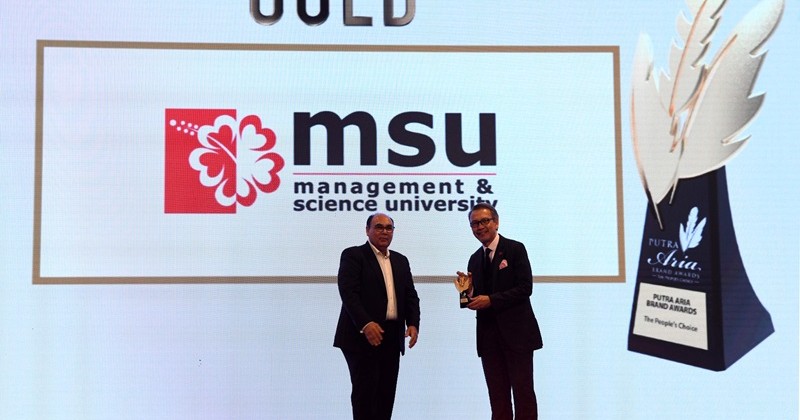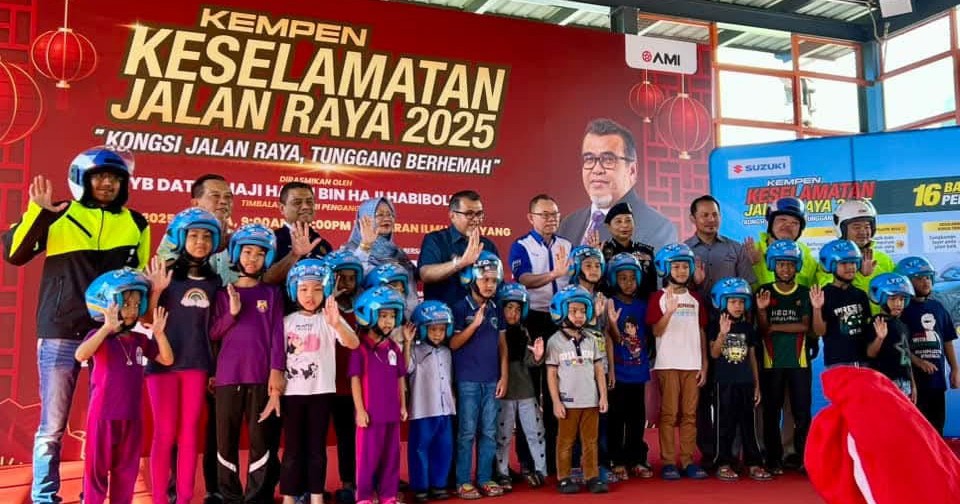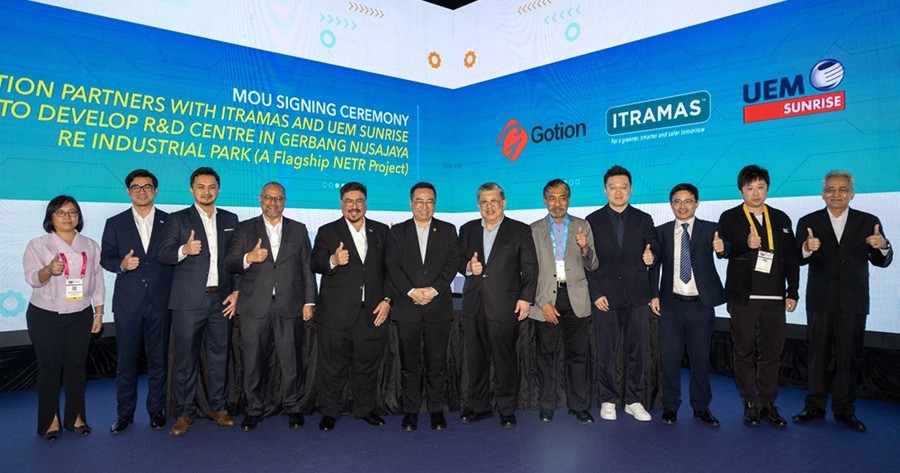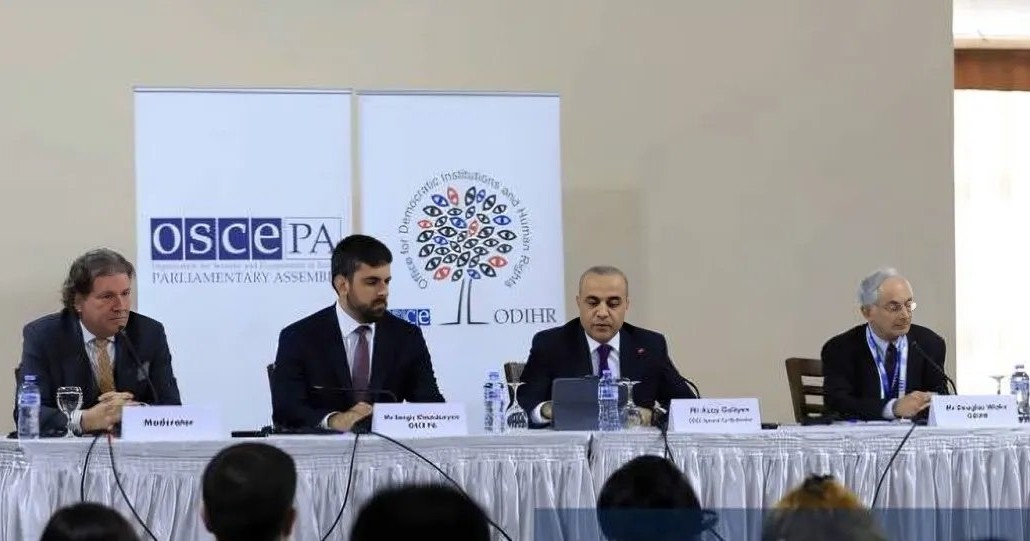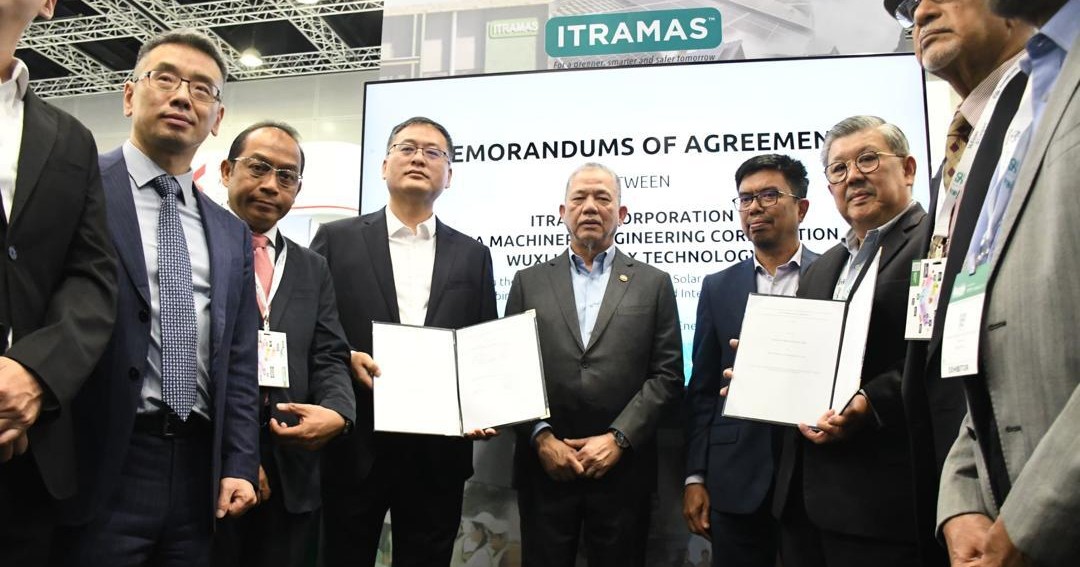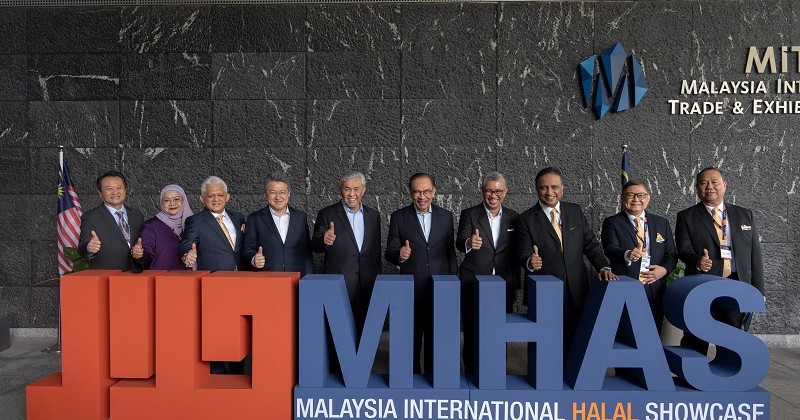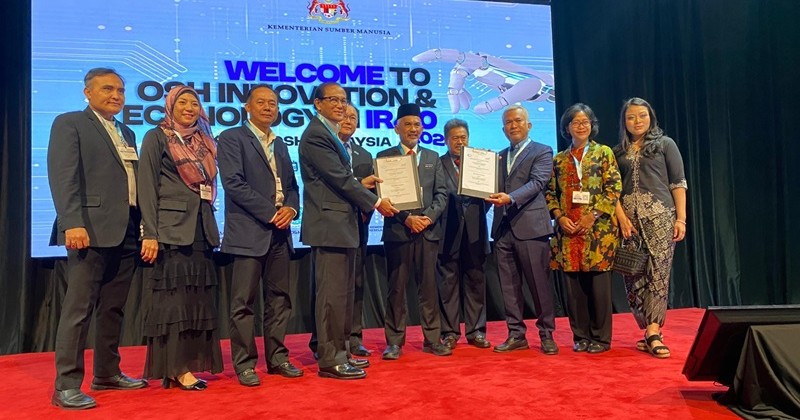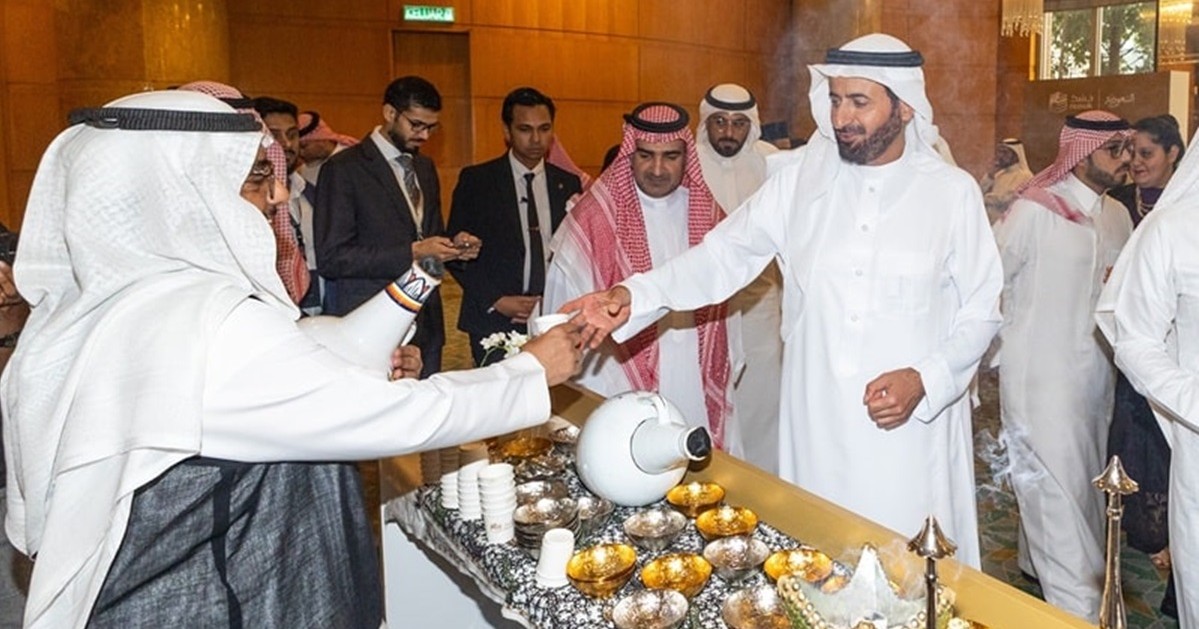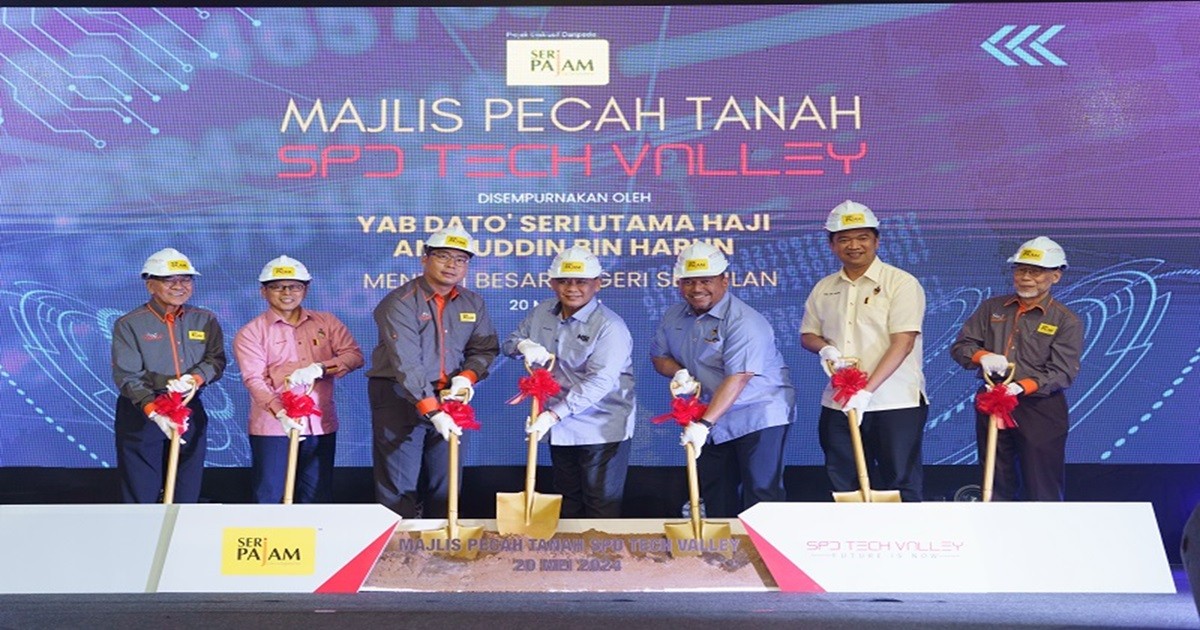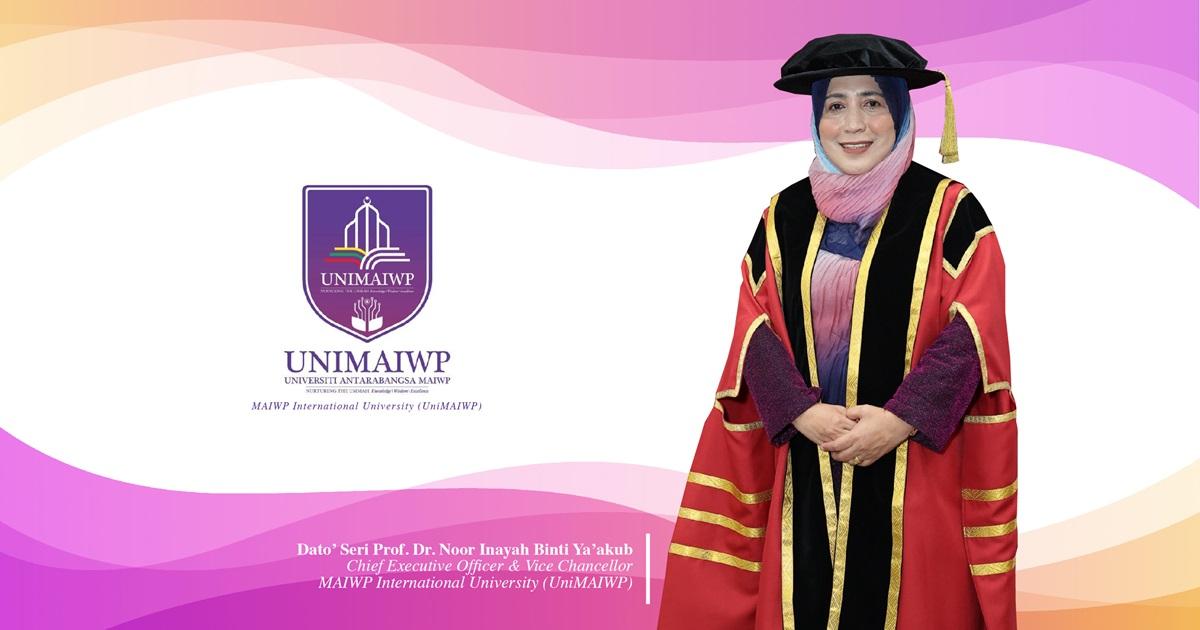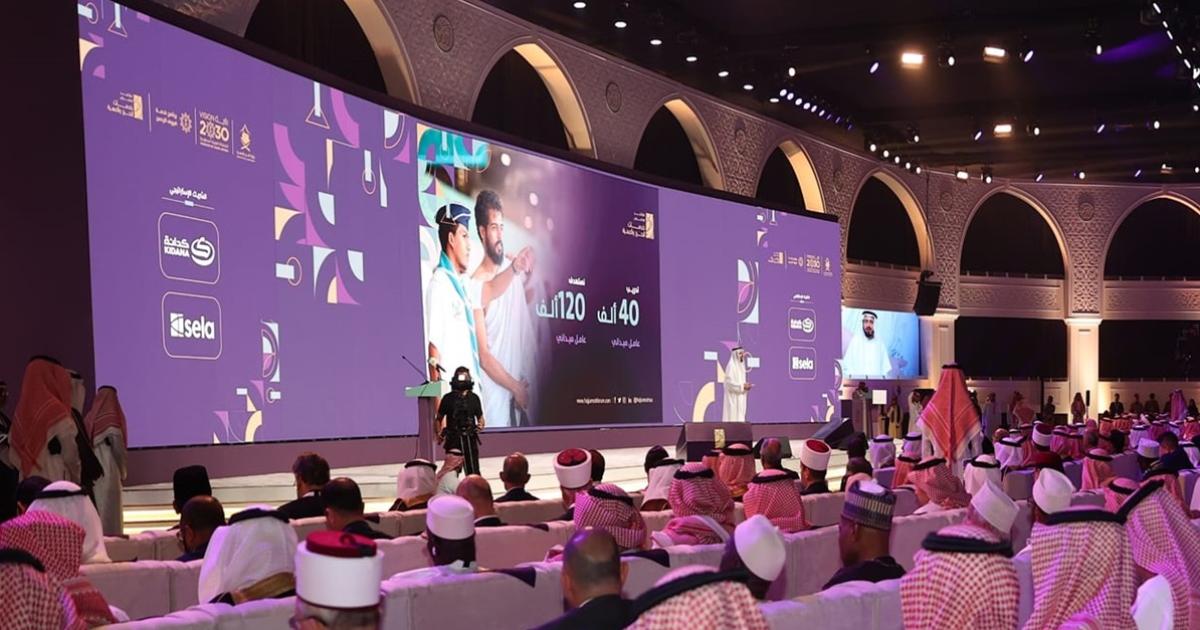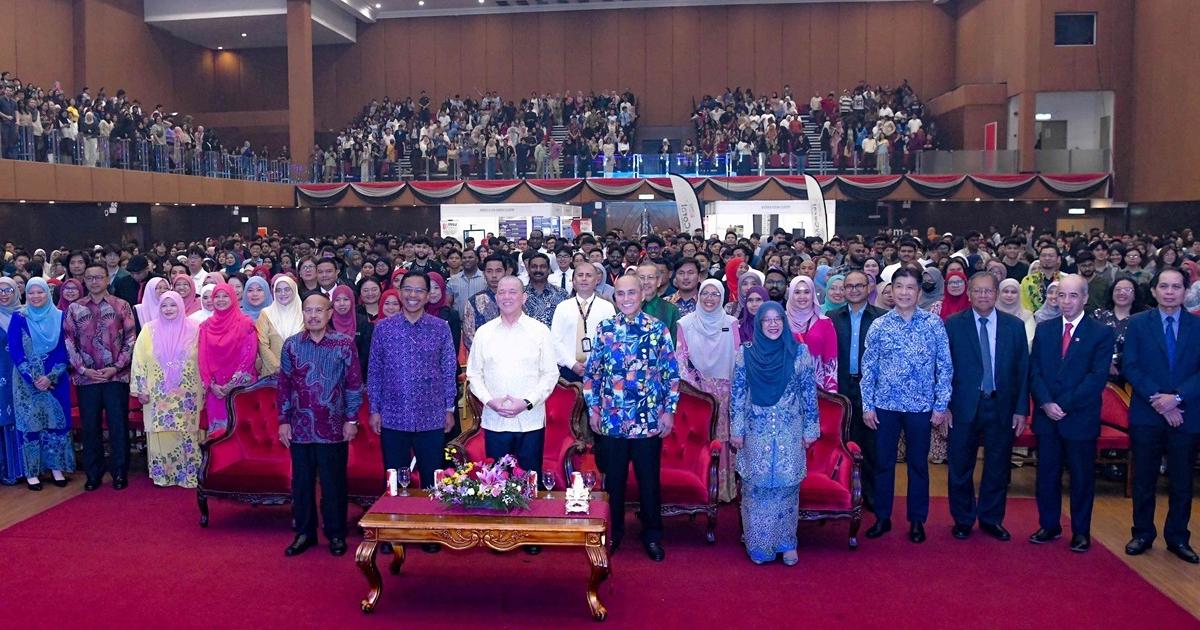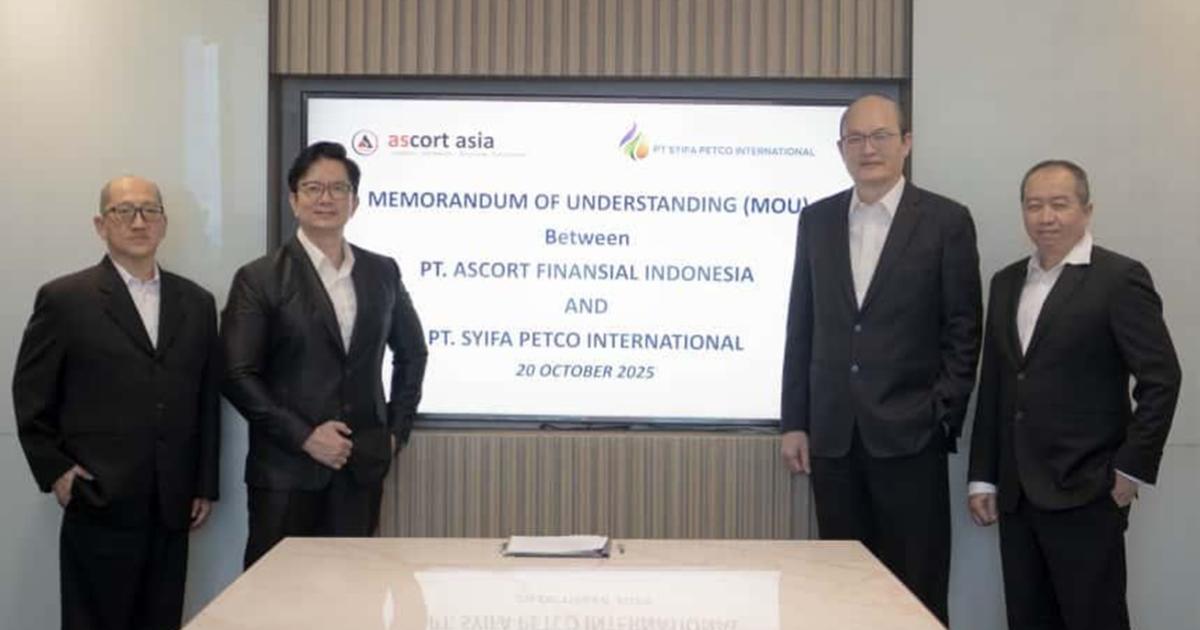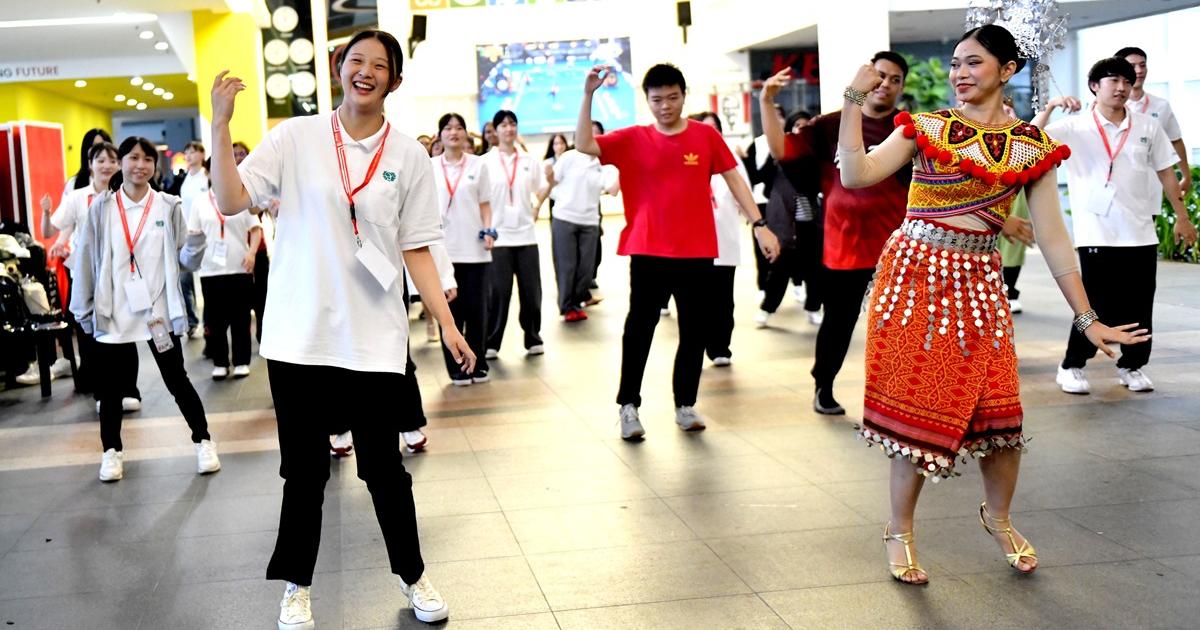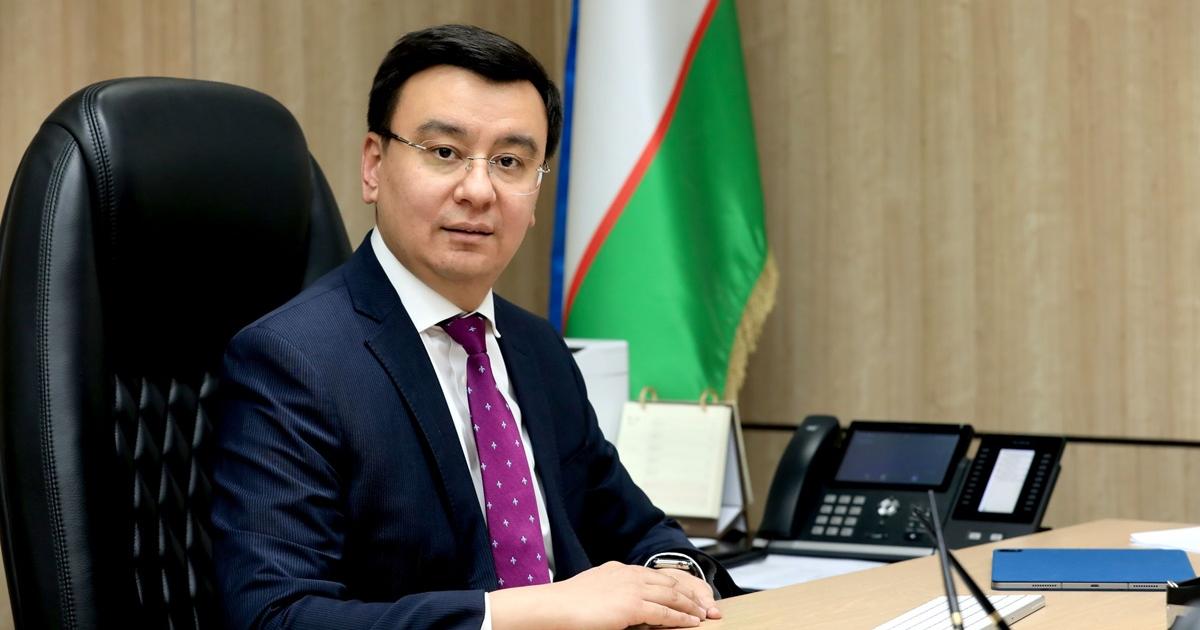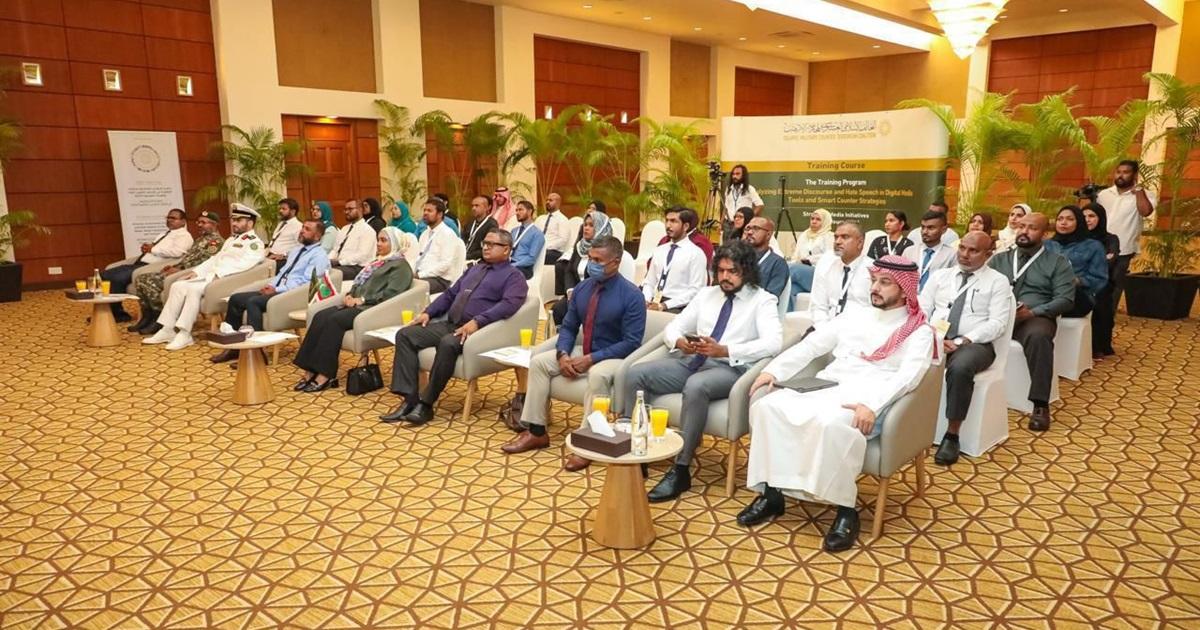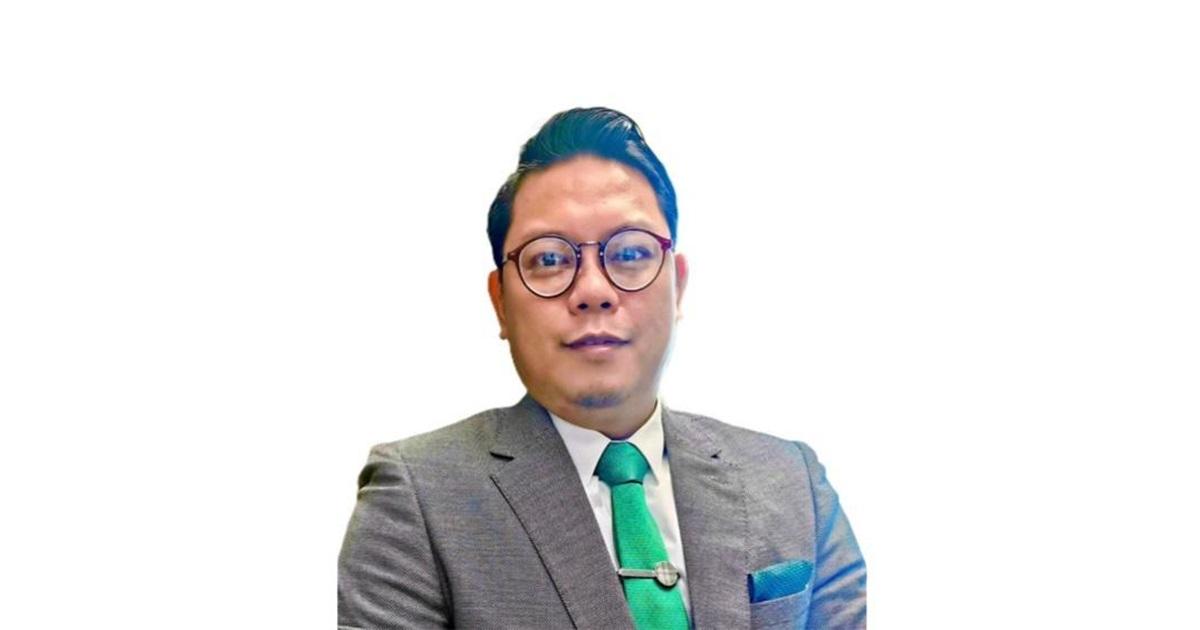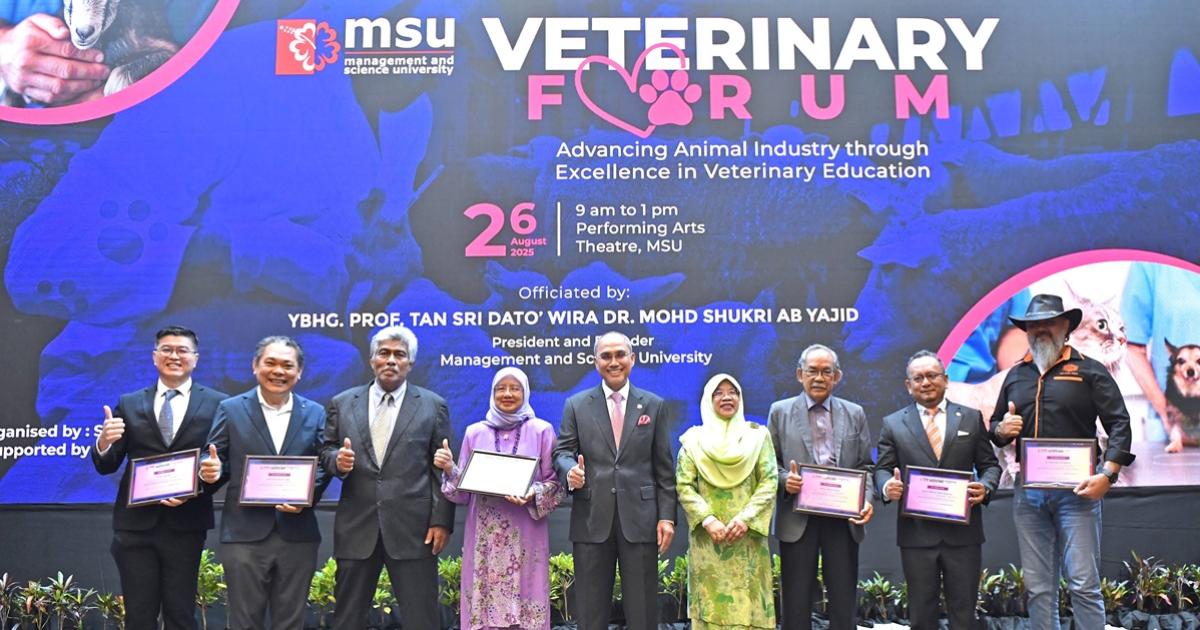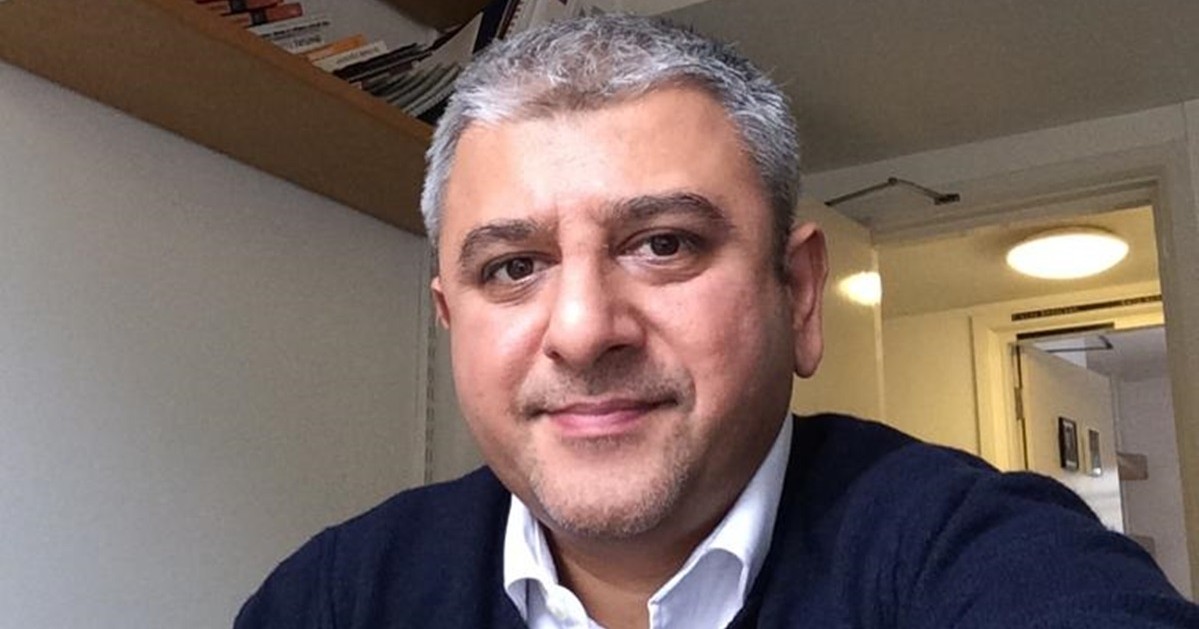
Written by Fuwad Beg – International Leadership Coach & CEO Advisor
Founder of Senior Leaders – www.senior-leaders.com – Contact via fuwad@senior-leaders.com
I wanted to explore this topic after coaching a Group CEO around the subject of decision making. The following short article is based around some of the topics we discussed.
Read, enjoy, observe, reflect and learn.
Decision Making:
Did you make a decision today?
As humans we make approximately 35,000 decisions on a daily basis (Sahakian and Labuzetta 2013) and we make approximately 200 decisions on food alone, according to (Wansink and Sobal, 2007, Cornell University).
So, the obvious answer to that question is a resounding, yes.
But have you ever asked yourself the question, how do I make decisions?
I’m sure the answer to that would probably be no.
When we discuss our decision-making processes we generally believe we are objective in our approach and that somehow we are without preconceptions. The reality, however, is that we make a decision based upon well-trodden behavioral patterns, through learned behavioral outcomes and well-established neural pathways built through repetitious triggers throughout our lives, creating our own standard process of decision making.
As leaders when we are faced with ambiguous challenges, we use our own standards based upon our past experiences to formulate our future responses.
So, our decisions are our own, based upon how we listen, learn and interpret the world and not really objective at all.
The key to better decision making however, is based upon building awareness and understanding of, your way of being and the lens by which you are making those decisions.
Leaders that are able to learn this self-awareness are able to use it to make much better decisions.
Although we don’t have enough time to go deep in this article… this subject is deep.
The Human Leader:
The complexity of who we are as human beings and the way in which we process our thoughts to formulate choices and thus action our decisions is profound.
The process of making sense of the world is dynamic and constantly changing.
From our cognition (past and current); somatic movements (how we move through time & space, our posture and biology); language (from the narrative and stories that we assume or theories we create to what we actually say); as well as the moods and emotions that we feel, attach and generate; our senses are alive with formulations of creating and perceiving opinions of the world around us and how we can make sense of it.
These perceived opinions create instincts, habits and triggers; building our very own specific library of context. Our decisions are therefore based upon these libraries of context which create actions and in turn shape and govern our lives.
Patterns of Failure:
We all use our libraries of context and action, and for leaders the use of previous patterns of success to develop patterns of behaviour for current or future horizons doesn’t always work.
With the multiple incoming flows of complex information that require multiple levels of decision-making and action, leaders often rely on common leadership approaches.
Arguably, in these circumstances, leaders use natural linear chains of decision actions which often do not provide the intended result. “…linear thinking feels like the most intuitive way to solve a problem. But it’s often not the right way.” (https://nesslabs.com/cobra-effect). Linear decision-making may work well in one set of circumstances but not so well in others.
Leaders, therefore, need to possess a growth mindset and display a diversity of competencies to be able to deal with crisis or complex situations.
Observation the Key to Possibilities:
Beyond the traditional approaches to learning; the pre-disposed patterns of action and beyond the noise of assumptions; lies the realm of observation.
To describe observation as just perspective, is to understate the depth of relevance that it has within our lives. In reality, it is much, much deeper than that. Through a growth mindset constantly open to learning, through reflection and self-awareness and understanding why we make decisions in a particular manner, allows leaders to see challenges and possibilities in different and generative ways.
“We do not see things as they are, we see them according to how we are.” (Alan Sieler Volume 1.)
The individuality of us all is as astounding as the differing perspectives we hold. Leaders are humans too! Yet traditional models of leadership ignore this fundamental understanding.
The very essence of who we are, (our way of being), is an interplay between our body, emotions and language. Thus, by understanding our way of being and moving our observation we shift the way we participate in the world and for leaders, this allows a new realm of possibilities.
Although our world today presents us with an exhausting number of choices. How we reflect on our thinking, observe how we observe and engage with the perceived world around us at any one given point in time allows us to construct the choices we believe we have, to the decisions we actually make, the actions we create and their subsequent consequences.
Meta Cognition and Deep Self Awareness:
The Greek word ‘meta’, means beyond, or can be described to mean, ‘more comprehensive.’ Meta Cognition is described as thinking about thinking and when we try to understand this better, we can view it asa higher level of thinking that monitors and controls our ongoing mental processes and in context allows us to reflect on the way that we are thinking.
For me, Meta Cognition is the same as observing the observer you are, i.e., thinking about how you think, learning about how you learn and so on; and one of the tools that leaders can use to develop better decision-making processes is deep self-awareness.
Without a deep understanding of themselves, leaders cannot move away from the engrained predispositions and cognitive biases that surround them. The very fabric that governs the decision-making process is based upon emotions, habits, instincts, dispositions, rituals, probability, predictions, time and many other factors. As a leader if you only operate in the world as you recognise it; rather than the world that it can be, then your decision making will be as underdeveloped as your thinking.
Beyond the MBA, PhD and the long list of Fortune 500 companies worked for; leaders need to demonstrate their ability to successfully adapt in ambiguous situations, to act against their intuition and be masters of learning and drivers of change.
Final Thoughts:
Leaders that learn, reflect and harness observation and understand the observer that they are, begin a journey of discovery and enter a world of exponential possibilities.
The ability and resolve to face new challenges and create effective generative impact doesn’t come from authority or control, but by being able to look inward; to understand how to lead in the context of uncompromising market forces and constant change.
Learning how to harness and direct this change through personal growth will produce the generative ground for enhanced observation, renewed insight and agility of action; creating progressive results, inclusive leadership and the ability to better guide and support individuals, teams and the organization as a whole.
About the Author:
Fuwad works with CEO’s, Senior Leadership and their teams as well as start-up Founders on an international basis and has nearly 3 decades of facilitating human capital empowerment and growth; by building successful organizations through leadership and team development; CEO advisory, international headhunting and talent advisory.
He has worked in the UK, and across Europe; lived in Dubai and worked across the Middle East as well as in Asia, where he has been responsible for building successful & diverse international teams and enhancing organizational capability.
Fuwad has provided leadership development; international headhunting; talent advisory and consultative services to start-ups and Fortune 500’s alike; within industries ranging from Media & Entertainment, Technology, Semiconductor, Investment Banking, Finance Houses, Consulting Companies, Government Central Bank entities & Financial Regulatory Institutions, Education Institutions and Transportation.
Every leader, team and organization has their own complexity of challenges and Fuwad enjoys seeing them grow, develop and flourish.
Fuwad has been trained by Newfield Network and completed their 9 months, International Coaching Federation accredited course, Coaching for Personal & Professional Mastery Program and is a Newfield Certified Coach and a Member of the ICF.
Fuwad has a Bachelor’s Degree in Politics from South Bank University, London; a Master’s Degree in Human Resource Management from the University of West London and a second Master’s Degree in International Finance from Kingston Business School, Kingston University, London.
Fuwad can be contacted via email at: fuwad@senior-leaders.com
- Business News 100
- Country News 16
- Feature News 30
- International News 151
- Interview News 35
- National News 18





